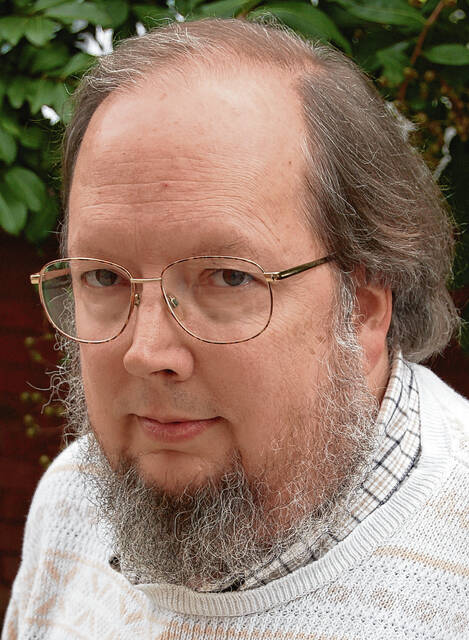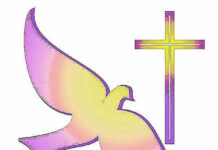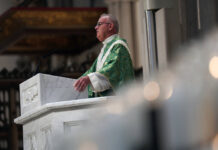Journalist Michael Kinsley famously added a twist to American politics when he redefined a “gaffe” as when “a politician tells the truth — some obvious truth he isn’t supposed to say.”
As the Rev. Neil Elliot of the Anglican Church of Canada discovered, this term also applies to religious leaders.
After seeing 2018 General Synod reports, the denomination’s research and statistics expert produced an analysis that included this: “Projections from our data indicate that there will be no members, attenders or givers in the Anglican Church of Canada by approximately 2040.”
Reactions to his candor varied, to say the least.
“I think of it very much like … people’s responses to climate change,” said Elliot, updating his earlier remarks in a video posted by Global News in Canada.
Signs of church “climate” change? In the early 1960s, Anglican parishes in Canada had nearly 1.4 million members. But that 2018 report found 357,123 members, with an average Sunday attendance of 97,421. The church had 1,997 new members that year, while holding 9,074 burials or funerals.
Canada’s national statistics agency reported that 10.4% of all Canadians were Anglicans in 1996, but that number fell to 3.8% in 2019.
People have one of three reactions when faced with these kinds of numbers. The first is “denial,” said Elliot, counting the options on one hand. “People are saying … ‘It’s not happening.’ Then there’s people who say, ‘We can stop it.’ And then there’s people who say, ‘We can adapt.’
“The ‘adapt’ language is much more rare, and I’m only starting to hear it (in) the media in the last few months,” said Elliot. “That’s what I’m trying to get us to do within the Anglican church. It’s, ‘How do we adapt to it?’ not, ‘How do we stop it?’ or … people burying their heads in the sand.”
The decline is real and cannot be denied, he said. However, he is convinced this “decline is going to bottom out, or change. That is, if we are going to take the opportunity to reframe who we are. If we still say, ‘No, we’re all about a prayer book that was written 400 years ago,’ then people are … going to arrive at our doorsteps and go, ‘Nah. I don’t think so.’”
Various reports indicate, logically enough, that Anglicanism is not the only struggling faith tradition in Canada, a nation in which religious trends tend to emerge earlier than in the United States.
Membership in the United Church of Canada — created nearly a century ago by the merger of four mainline Protestant churches — peaked at 1.1 million in the 1960s. Official reports in 2018 showed 388,363 members, with 120,986 regularly attending services. Meanwhile, Roman Catholicism now represents 32% of Canadians over the age of 15, according to StatCan, down from 46.9% in 1996.
To the south, leaders in the U.S. Episcopal Church keep seeing similar trends. In official 2020 numbers, the denomination’s membership fell to around 1.57 million — down from 1.64 million a year earlier, and way down from the 3.4 million members claimed in the heady days of the 1960s. Average Sunday attendance in 2020 — a year that included some pandemic numbers — fell to 458,179 from 518,411 a year earlier.
How low can things go? The denomination’s official 2020 spreadsheet indicated that, in the extreme case of the Diocese of Northern Michigan, the average Sunday attendance fell to 233 people out of a total diocesan membership of 908, spread over 21 parishes.
At this point, Episcopalians feel like they are living in the “narthex” between the church life they once knew and the realities seen in the world around them, noted Presiding Bishop Michael Curry’s address — via Zoom — to last fall’s House of Bishops meeting.
“We’re kind of back in our physical church buildings, but kind of not. Narthex. We wonder how many will return,” he said. “The remnant will always return. Narthex.”
At this point, Curry said his priests and people can dream not of easy recovery, but of a “new and reformed church, not formed in the way of the world. … No longer centered on empire or establishment, no longer fixated on the preservation of institutions, no longer propping up white supremacy or in collusion with anything that hurts or harms any child of God or God’s creation.”





